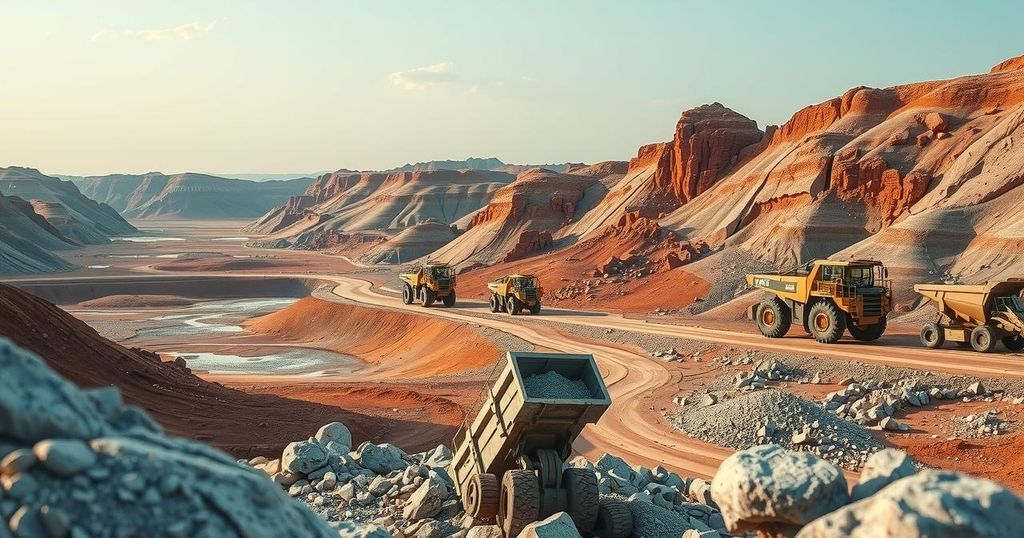During his visit to Niger, IAEA Director General Rafael Grossi emphasized the significance of cooperation between the agency and Niger, a major uranium producer. Following a military coup, Niger’s junta is asserting control over its uranium resources, straining ties with France and engaging more with nations like Russia and Iran. Grossi affirmed the IAEA’s commitment to supporting Niger’s development through nuclear science and technology.
Rafael Grossi, the Director General of the International Atomic Energy Agency (IAEA), recently urged for enhanced cooperation with Niger, a prominent uranium-producing nation, during his visit to the country. He highlighted that Niger ranks among the world’s largest uranium producers and stressed the importance of maintaining the IAEA’s presence amidst significant political changes in Niger following the 2023 coup.
The military rulers in Niger, who took power in a coup, are focusing on asserting control over the country’s natural resources, particularly uranium. This has led to tensions with France, Niger’s former colonial power, particularly in relation to the Orano nuclear group’s involvement in local mining operations.
During his visit, Grossi met with Niger’s junta-appointed Prime Minister, Ali Mahaman Lamine Zeine, along with key ministers responsible for mining, foreign affairs, and energy, to discuss potential cooperation. He emphasized that nuclear science and technology provide viable solutions for Niger’s development, assuring the nation of the IAEA’s ongoing support.
Prior to this meeting, Grossi visited the Somair uranium mine, currently embroiled in disputes between Niger’s military authorities and Orano, which holds significant stakes in Nigerien mining subsidiaries. The government has revoked Orano’s license at the Imouraren mine, leading to claims from Orano regarding a loss of control at Somair due to governmental interference, while the Cominak mine has been inactive since 2021.
Niger contributes to approximately five percent of the global uranium supply, positioning it as the seventh-largest producer worldwide. Since the recent coup, Niger has shifted its foreign alliances away from France, opting instead to engage with countries such as Russia and Iran. However, Prime Minister Zeine clarified that no agreements regarding uranium have been established with Iran, a country under sanctions for its nuclear ambitions.
In conclusion, Rafael Grossi’s visit to Niger signifies the importance of uranium mining in international relations, particularly following the recent political turmoil. The IAEA’s support is crucial for Niger as it navigates its relationships with foreign nations and asserts control over its valuable resources. As the country seeks new partnerships, the future of its uranium production and exportation remains a pivotal issue in the geopolitical landscape.
Original Source: www.hindustantimes.com






